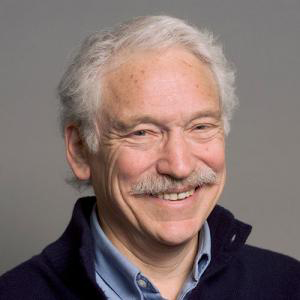A plan for 'Saving Our Cities' from policy failures
By Daniel Aloi

William Goldsmith, professor emeritus of city and regional planning, looks at new options for urban policy and offers a plan for improving American cities in his new book.
In “Saving Our Cities: A Progressive Plan to Transform Urban America” (Cornell University Press), Goldsmith, Ph.D. ’68, argues that “the most important ‘urban’ policies we can pursue are those that are not actually regarded as ‘urban’ at all.”
“When city planners aim for improved housing, better transportation and enhanced public spaces, they use local tools like zoning, land use regulations and transportation plans,” Goldsmith said.
But cities also need to resist “upstream” policies by federal and state agencies, which often work in support of corporate goals – these are “policies that push in the wrong direction,” he said. His book presents evidence that “the deprivation that afflicts cities, inner suburbs and their poorest inhabitants is not only immoral, but politically and economically unsustainable.”
At various levels of government, the United States has been in the habit of abusing cities and poor suburbs, then blaming them for society’s ills, Goldsmith maintains.

“When I arrived at Cornell in 1963,” he said, “I wanted to learn how planners could help cities defend themselves. I had come from San Francisco and Berkeley, where the California Division of Highways seemed bent on destroying what was best about cities.”
In the book, he takes issue with federal and state budgets and regulations that align with the interests of giant corporations and privileged citizens to impose austerity, shortchange public schools, make it difficult to get nutritious food and fight the drug war in unlucky neighborhoods.
Goldsmith, who retired from the university in 2012, says progressive politicians in many cities today, supported by advocacy groups and voting blocs, have answered the spreading frustration with the state of their cities by proposing far-reaching improvements.
“Saving Our Cities” suggests how cities can forcefully demand enlightened federal and state action on inequality, schools, food and the drug war. Such action will offer space for traditional urban planning as well.
Goldsmith’s research interests include the development and structure of cities, and the problems of neighborhoods, suburbs and peripheries. He studies racial segregation, inequality and low-density sprawl in U.S. cities, as well as poverty, environmental degradation, regional development and urbanization in Latin America.
Media Contact
Get Cornell news delivered right to your inbox.
Subscribe